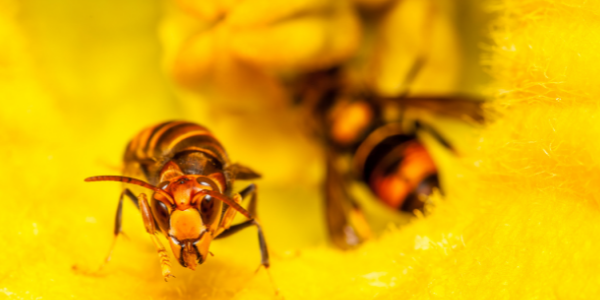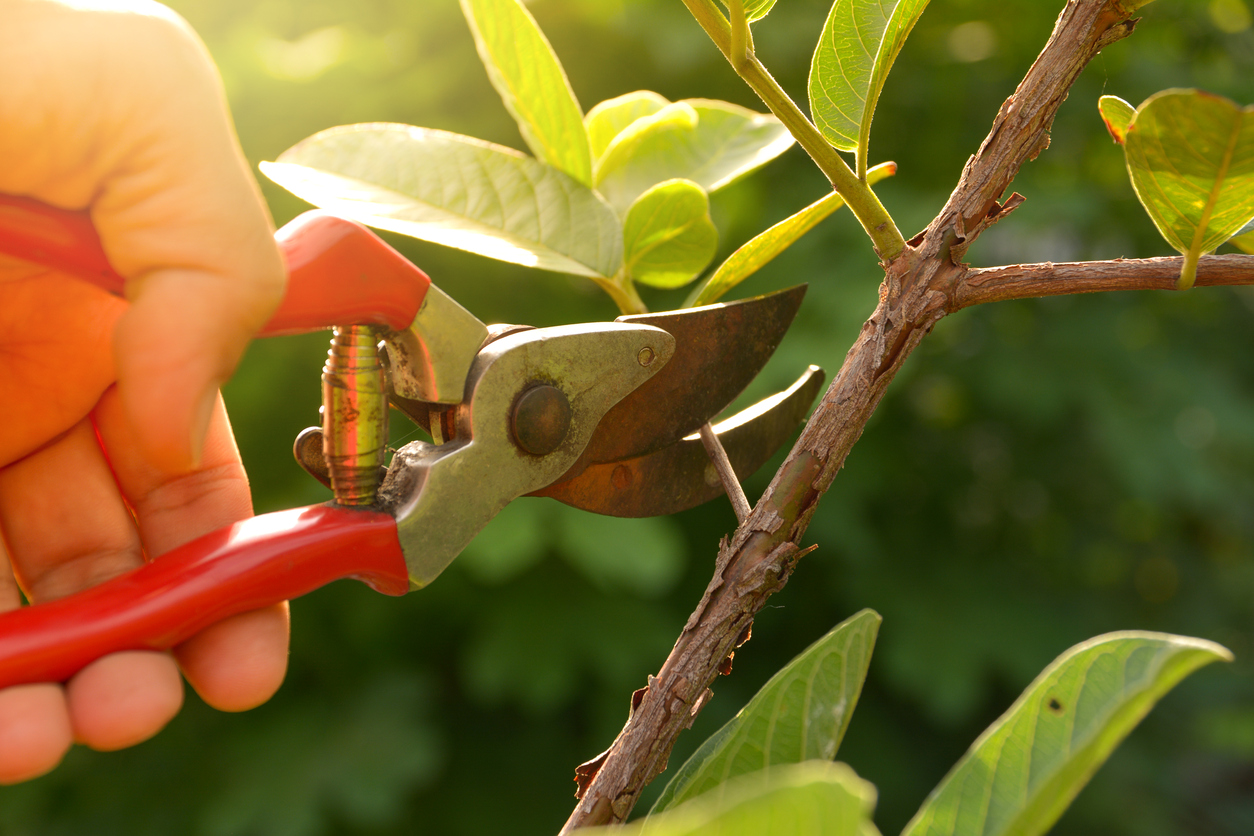
Buzz Off Stinging Insects This Summer
Stinging insects are some of the most active pests in New York during the summer. Unsurprisingly, their stings are also responsible for sending thousands of people to the emergency room each year! Here’s a breakdown of some of the most common insects that sting and how you can prevent and eliminate them from your yard.
Yellow Jackets
Starting first with yellow jackets, you’ve surely encountered these yellow and black insects at some point or another. Commonly known as one of the most aggressive stinging insects, it’s very important to know how to properly get rid of these flying insects in order to protect yourself and your family. Yellow jackets are known to sting the same person multiple times, and their stings can even cause allergic reactions, fainting, fever, nausea, convulsions, and trips to the ER.
Yellow jackets are social insects, meaning they live in large nests or colonies that can contain thousands of workers. They’re most active in the late summer and early fall because this is when their colonies are at their peaks. Yellow jackets love to feed on sweets and meats, common food finds at outdoor summer events, so keep this in mind at your next barbecue! A few tips for preventing yellow jackets in your yard this summer include:
- Remove garbage frequently
- Minimize food being left out in the open
- Keep your trash cans covered
- Avoid sweet-smelling perfumes
- Regularly landscape your yard’s shrubs and plants
- Call Knockout Pest Control if you suspect you have yellow jacket activity; our team will safely remove them from your property
Hornets
Hornets are another summer nuisance known for being extremely aggressive and stinging over and over again. They’re very common on Long Island, parts of New York City, and throughout Westchester and Rockland Counties. One of the easiest ways to identify a hornet problem is to spot their nests, which are tear-shaped and usually located on the sides of buildings, hanging from eaves or trees, and under wooden decks; be warned, however, that you may not be able to see the extent of the hive.
Your best bet against hornets is to avoid contact with them as much as possible; if you see them, don’t engage. Here are a few more tips for preventing hornets:
- Seal openings in your home that could serve as entry points
- Keep food covered, especially when you’re outdoors
- Opt for unscented products and avoid strong fragrances
- Wear light clothing
Often, hornets nest in high, hard-to-reach areas, so protecting yourself, your family, and your pets, who are also susceptible to stings, can be difficult without professional help identifying and removing the entire colony. If you do spot a hornet’s nest on your property, don’t try to deal with it yourself; call in the Knockout Pest Control team for safe removal.
Bumble Bees
Bumble bees are considered a beneficial insect due to their ability to pollinate crops and plants; regardless, they can still sting humans and animals, so it’s important to know how to avoid them and best protect yourself. When disturbed, bumblebees are noticeable due to their loud buzzing, and will aggressively protect their nests. Most often, these nests are found in the ground, but it’s not atypical for them to be above ground around patios, decks, or in the soffits of attics. When disturbed, bumble bees don’t just try to sting you; they’ll chase you for a considerable distance, too. Their stings are known to be one of the most painful to receive, and they can sting more than once.
Avoiding bee stings starts by removing potential harborage areas where bees will nest; because bees may act defensively when they feel their nest is threatened; it’s best to prevent nests in the first place! As with the other stinging pests we’ve covered, these tips will also prevent bumble bees:
- Avoid strong scented perfumes and colognes
- Cover and dispose of food properly at outdoor events
- Don’t rely on insect repellents—they’re unlikely to work
Stinging Pests in Your Yard? Let Us Knock ‘Em Out
Your best bet against stinging insects? Ongoing pest protection from Knockout Pest Control. If you suspect you have an issue with yellow jackets, hornets, or bees on your property, give us a call and we’ll ensure they’re safely removed—call 1-800-244-PEST.



